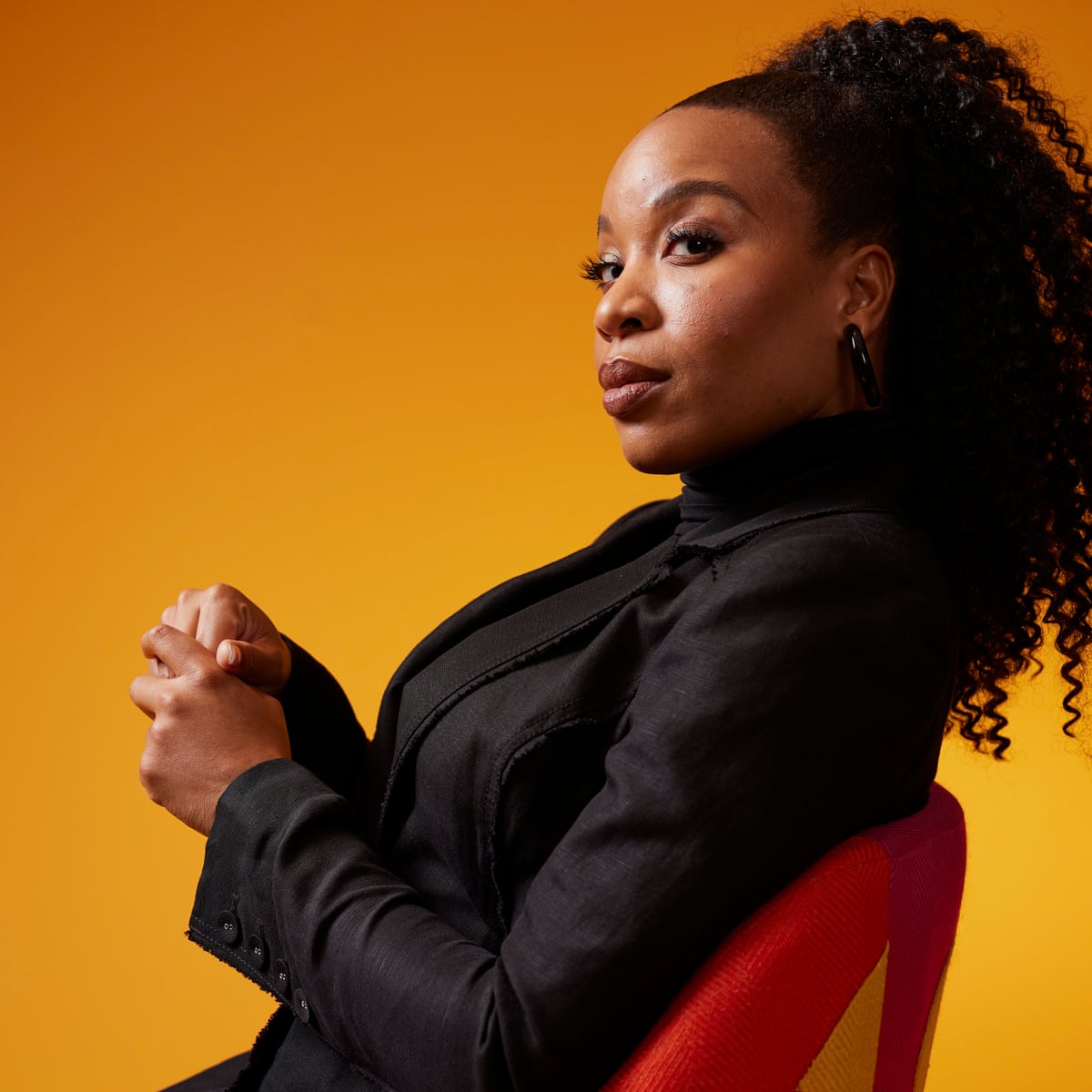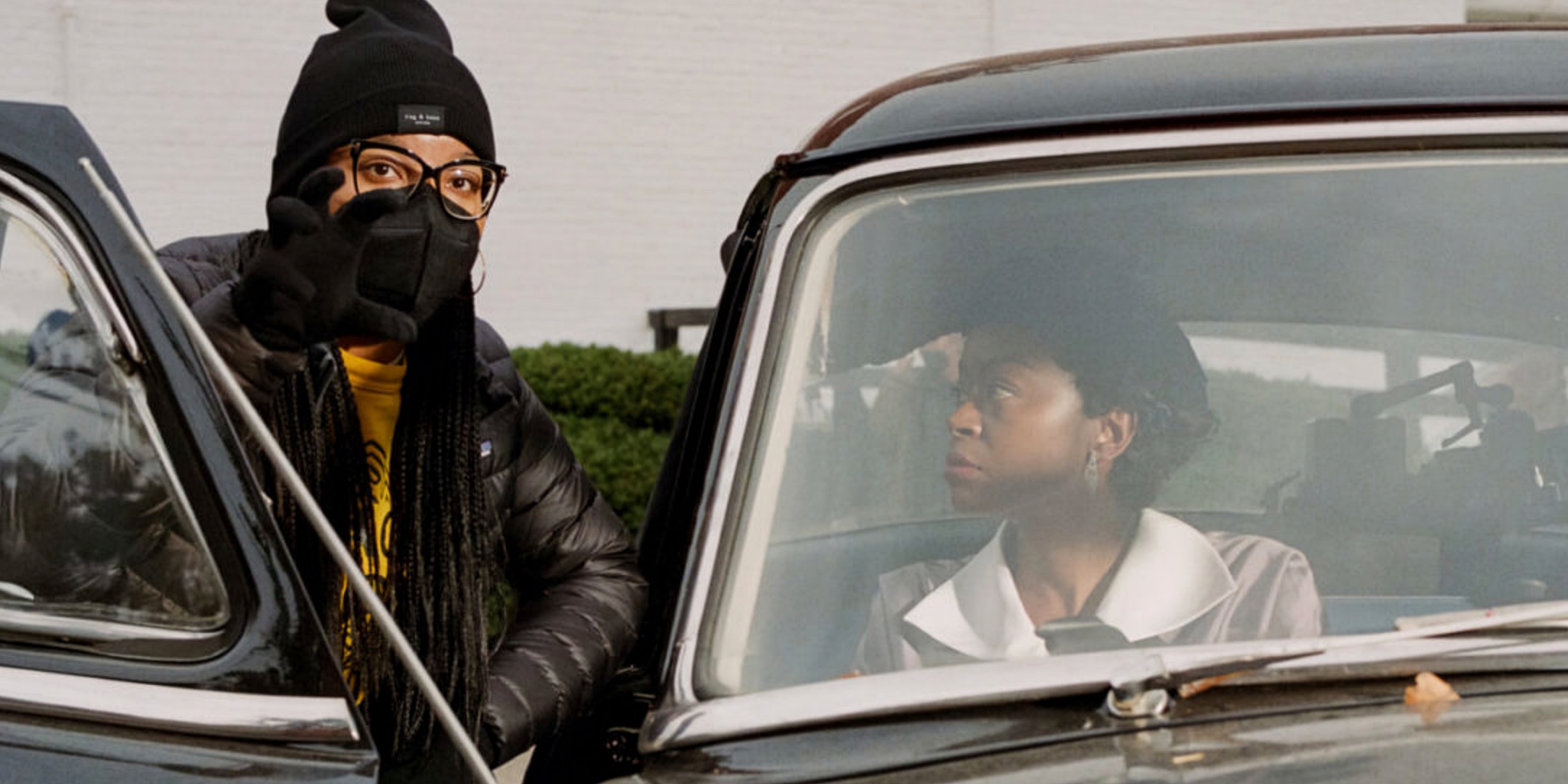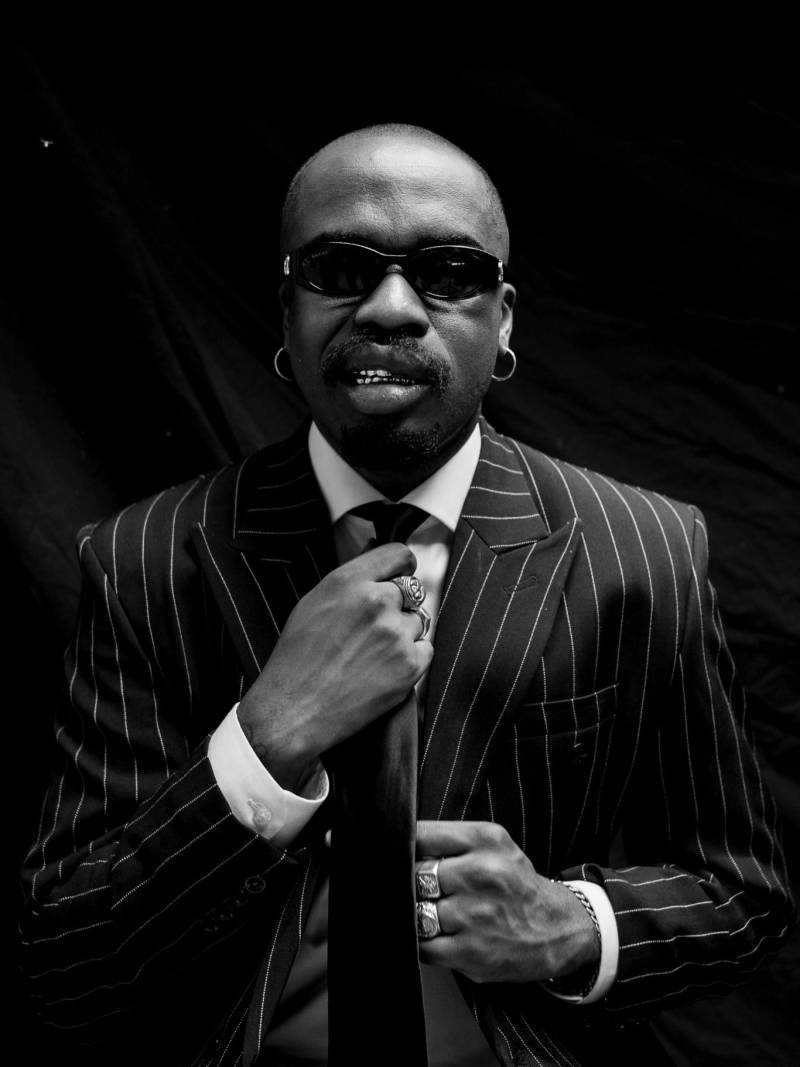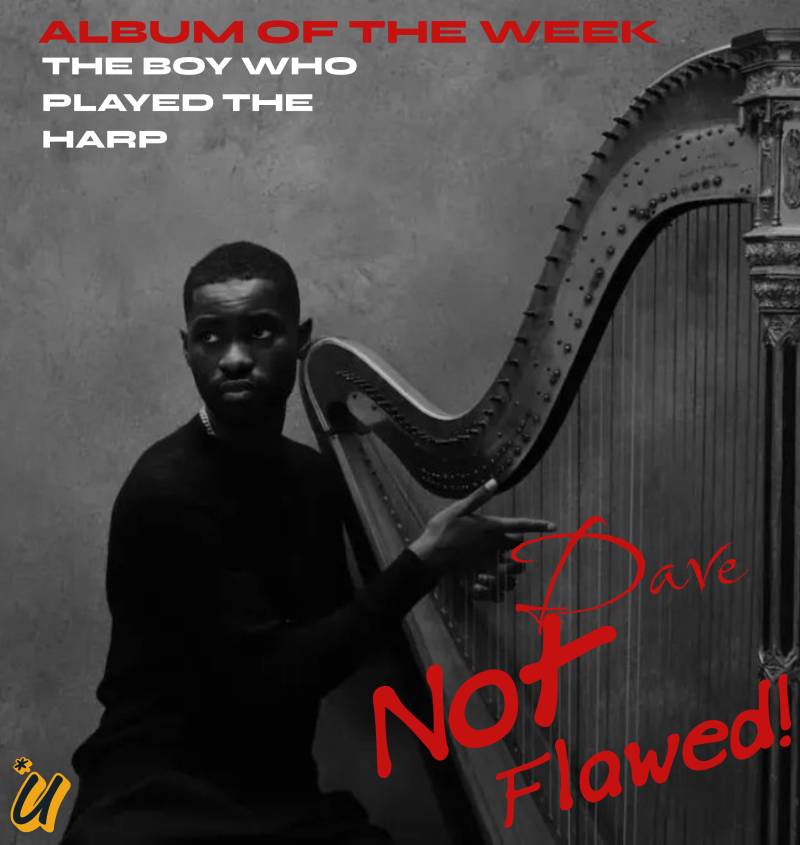In the late 1990s, when the idea of a film about the lynching of Emmett Till was first floated, the woman who would eventually direct it was in high school. Chinonye Chukwu was a depressed, daylight-deprived Alaskan teenager obsessed with Julia Roberts romcoms. “Obsessed. She had the back-to-back trifecta: Runaway Bride, Notting Hill, My Best Friend’s Wedding,” says the 37-year-old, as she pours herself a cup of herbal tea in her London hotel room. Her parents were petroleum engineers from Nigeria, who had moved to the US’s north-west extremity for better job opportunities.
“I would rewrite the film’s story in my journal, and either make myself the protagonist, or somebody else who looked like me … It was my escape, y’know?” ¨identity crises, as a Black girl growing up in Alaska, trying to find my place in the world”. “[They] definitely didn’t have the same kind of inherent racial consciousness as I think Black American parents would have; they came into that, the more years that we spent in America. So I learned on my own, through my peers, and recognising discrepancies in treatment – getting stopped by cops one too many times, or getting detention from my teachers for speaking up. And then what really blew open my racial consciousness was when I read Invisible Man by Ralph Ellison, when I was 16.”

All of this provided inspiration for her 2012 debut feature AlaskaLand and a 2015 TEDx talk titled Choosing To Live, while Ellison’s 1952 novel features significantly in her 2019 breakthrough film, Clemency, an emotionally intense drama featuring an extraordinary central performance from Alfre Woodard as a death-row prison warden. These days, Chukwu is a tall, elegant woman, with a high, Janet Jackson-esque ponytail and room-commanding poise, but it took some time for her to grow into the director capable of guiding a painful chapter of American history to the screen. And, in the meantime, there were other delays in Till’s journey. Around 2005, the producer Keith Beauchamp, who had been planning a movie on the subject for some years, was joined by Bond producer Barbara Broccoli, followed by Whoopi Goldberg, who has a producer credit as well as a small role in the film, playing the mother of Mamie Till-Mobley (Emmett’s grandmother) Alma Carthan. Yet even with such acclaimed talent attached, attracting finance was a struggle, as Goldberg detailed in a recent talkshow appearance, Chukwu acknowledges that there may be similar feelings of trepidation among potential audience members, but she is not unduly worried

“Well, first, people said: ‘Do we have to see this again?’ And a lot of the answer is: ‘You’ve never seen it at all! What are you talking about? There’s never been a movie about Emmett Till!’ And then it was like: ‘Well, this is not entertainment’ … Y’know, sometimes movies have to give you a little bit more than just a smile. This movie gives you lots of smiles, by the way.” “A lot of people are saying that they thought they knew the story, but actually you don’t. So I think we’re doing a really good job of communicating that, and hopefully more and more people will receive that message.”
Before joining the project, Chukwu’s awareness of what happened in Mississippi, on that night in August 1955, matched that of most Americans – or Black Americans, certainly. She knew that Emmett Till was a Chicago-raised 14-year-old, who was visiting relatives in the south. At a grocery store, he may have flirted with or whistled at a white woman (the details are disputed), and, in retaliation, was kidnapped, tortured and murdered in an act of white supremacist terrorism. Chukwu also knew that after his lynching, Emmett’s single mother, Mamie, insisted on an open-casket, public funeral. His mutilated body thus displayed, the brutality of the crime shocked the white US and galvanised the Black-led civil rights movement.

“But that was pretty much it. I didn’t know much about Mamie’s journey after her son was lynched. I didn’t know about Dr TRM Howard [the civil rights leader who investigated Till’s murder]. I knew very little about [civil rights activists] Myrlie Evers-Williams and Ruby Hurley.”
Till brings all these under-told aspects to the fore, thanks in large part to Chukwu’s own storytelling “non-negotiables”, which she presented in early meetings with the producers. Till had come along only a few months after Chukwu had made history with Clemency, as the first Black woman to win the Sundance film festival’s Grand Jury prize. She was feeling triumphant, but also exhausted, and was initially reluctant to sign on to the project.
“Because it is very serious subject matter and I’m acutely aware of the cultural and historical significance. There’s a big weight that comes with that.”
After reflecting for a few weeks, however, she came up with a two-fold narrative approach. First: “I thought a way that I could see myself making this film is if I rewrite the script, so it is told from Mamie’s point of view, and it becomes a film about her journey in fighting for justice for her son and developing an activist consciousness, and also a love story between a mother and her child.” Second: “I wouldn’t show physical violence inflicted on Black bodies. I would really make sure that there is a balance of joy, love and community alongside the inherent sadness and pain of the story.” Fortunately, the producers were fully supportive, and after several trips to Mississippi to familiarise herself with Beauchamp’s research material, she got to work. “Thinking of telling the story in that way got me really excited about the opportunity to centre this Black woman in her rightful place in history.”



